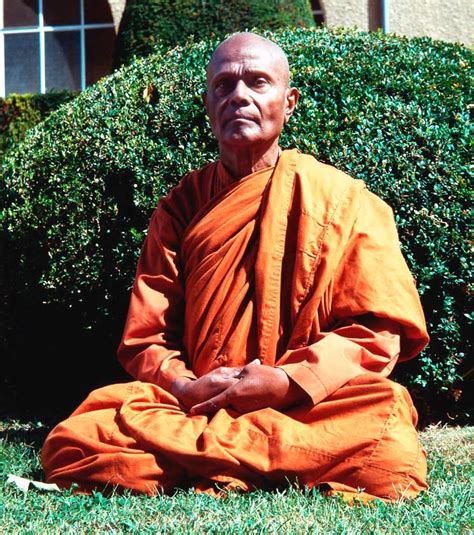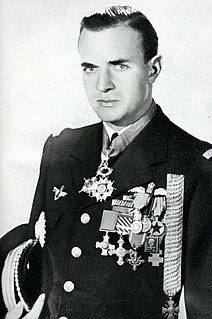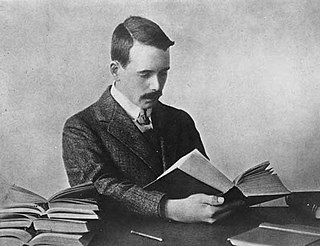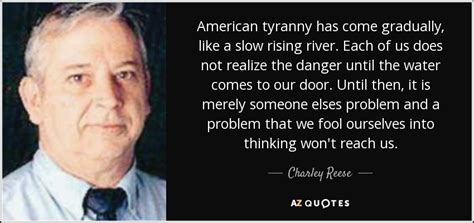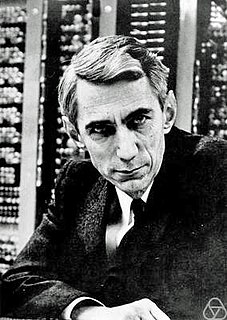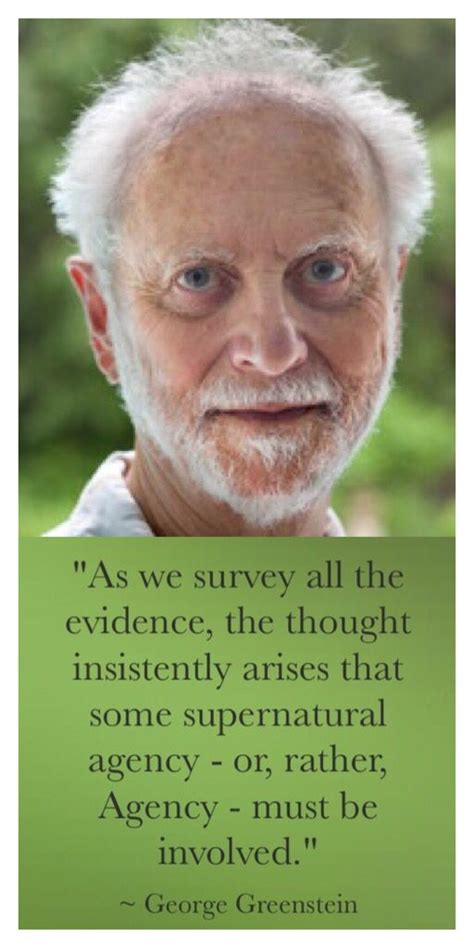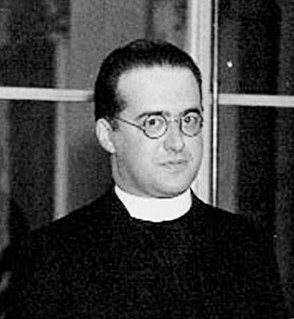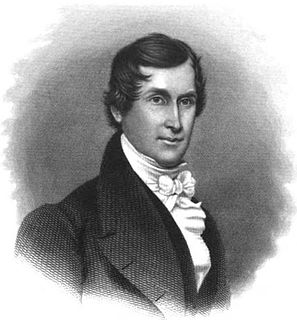Top 514 Mechanics Quotes & Sayings - Page 9
Explore popular Mechanics quotes.
Last updated on April 20, 2025.
In general, I don't like game mechanics, I mean it's the idea you do the same things through different levels. I think, in my mind, it's an ideas I don't really like because I love to do different things and like to see the story moving on and I like to do different things and different scenes, not do the same thing over and over again. If it involves violence at some point fine, if it makes sense in the context. But violence for the sake of violence, it doesn't mean anything to me anymore.
Buddhism advises you not to implant feelings that you don’t really have or avoid feelings that you do have. If you are miserable you are miserable; that is the reality, that is what is happening, so confront that. Look it square in the eye without flinching. When you are having a bad time, examine that experience, observe it mindfully, study the phenomenon and learn its mechanics. The way out of a trap is to study the trap itself, learn how it is built. You do this by taking the thing apart piece by piece. The trap can’t trap you if it has been taken to pieces. The result is freedom.
And in that narrow cockpit I wept, as I shall never weep again, when I felt the concrete brush against his wheels and, with a great sweep of the wrist, dropped him on the ground like a cut flower. As always, I carefully cleared the engine, turned off all the switches one by one, removed the straps, the wires and the tubes which tied me to him, like a child to his mother. And when my waiting pilots and my mechanics saw my downcast eyes and my shaking shoulders, they understood and returned to the dispersal in silence.
Everybody should read fiction… I don’t think serious fiction is written for a few people. I think we live in a stupid culture that won’t educate its people to read these things. It would be a much more interesting place if it would. And it’s not just that mechanics and plumbers don’t read literary fiction, it’s that doctors and lawyers don’t read literary fiction. It has nothing to do with class, it has to do with an anti-intellectual culture that doesn’t trust art.
A popular feel for scientific endeavors should, if possible, be restored given the needs of the twenty-first century. This does not mean that every literature major should take a watered-down physics course or that a corporate lawyer should stay abreast of quantum mechanics. Rather, it means that an appreciation for the methods of science is a useful asset for a responsible citizenry. What science teaches us, very significantly, is the correlation between factual evidence and general theories, something well illustrated in Einstein's life.
So many things were testing his faith. There was the Bible, of course, but the Bible was a book, and so were Bleak House, Treasure Island, Ethan Frome and The Last of the Mohicans. Did it then seem probable, as he had once overheard Dunbar ask, that the answers to riddles of creation would be supplied by people too ignorant to understand the mechanics of rainfall? Had Almighty God, in all His infinite wisdom, really been afraid that men six thousand years ago would succeed in building a tower to heaven?
A. Douglas Stone, a physicist who has spent his life using quantum mechanics to explore striking new phenomena, has turned his considerable writing skills to thinking about Einstein and the quantum. What he finds and makes broadly understandable are the riches of Einstein's thinking not about relativity, not about his arguments with Bohr, but about Einstein's deep insights into the quantum world, insights that Stone shows speak to us now with all the vividness and depth they had a century ago. This is a fascinating book, lively, engaging, and strong in physical intuition.
For at least twenty minutes she handed out the story. The youngest kids were soothed by her voice, and everyone else saw visions of the whistler running from the scene. Liesel did not. The book thief saw only the mechanics of the words--their bodies stranded on the paper, beaten down for her to walk on. Somewhere, too, in the gaps between a period and the next capital letter, there was also Max. She remembered reading to him when he was sick. It he in the basement? she wondered. Or is he stealing a glimpse of the sky again?
As is well known the principle of virtual velocities transforms all statics into a mathematical assignment, and by D'Alembert's principle for dynamics, the latter is again reduced to statics. Although it is is very much in order that in gradual training of science and in the instruction of the individual the easier precedes the more difficult, the simple precedes the more complicated, the special precedes the general, yet the min, once it has arrived at the higher standpoint, demands the reverse process whereby all statics appears only as a very special case of mechanics.
I thought scientists were going to find out exactly how everything worked, and then make it work better. I fully expected that by the time I was twenty-one, some scientist, maybe my brother, would have taken a color photograph of God Almighty—and sold it to Popular Mechanics magazine. Scientific truth was going to make us so happy and comfortable. What actually happened when I was twenty-one was that we dropped scientific truth on Hiroshima.
Now let's take up the minorities in our civilisation, shall we? Bigger the population, the more minorities. Don't step on the toes of the dog-lovers, the cat-lovers, doctors, lawyers, merchants, chiefs, Mormons, Baptists, Unitarians, second-generation Chinese, Swedes, Italians, Germans, Texans, Brooklynites, Irishmen, people from Oregon or Mexico. The people in this book, this play, this TV serial are not meant to represent any actual painters, cartographers, mechanics anywhere. The bigger your market, Montag, the less you handle controversy, remember that!
We have now got what seems to be definite proof that an X ray which spreads out in a spherical form from a source as a wave through the aether can when it meets an atom collect up all its energy from all round and concentrate it on the atom. It is as if when a circular wave on water met an obstacle, the wave were all suddenly to travel round the circle and disappear all round and concentrate its energy on attacking the obstacle. Mechanically of course this is absurd, but mechanics have in this direction been for some time a broken reed.
The quantum entered physics with a jolt. It didn't fit anywhere; it made no sense; it contradicted everything we thought we knew about nature. Yet the data seemed to demand it. ... The story of Werner Heisenberg and his science is the story of the desperate failures and ultimate triumphs of the small band of brilliant physicists who-during an incredibly intense period of struggle with the data, the theories, and each other during the 1920s-brought about a revolutionary new understanding of the atomic world known as quantum mechanics.
Unless they can pass the same test that immigrants must pass to become citizens, people shouldnt be allowed to vote. The idea that there is some public benefit in ignoramuses and morons pulling levers next to names on a ballot is one of the evil myths of post-modern America. The purpose of voting, in our country, is to select men and women with the competence and integrity to operate the mechanics of government fixed by our Constitution. For this process to have any public benefit requires that the choices be made on an intelligent, knowledgeable and reasoned basis.
Man had in the beginning no power of analysis or synthesis approaching that of the spider, or even of the honey-bee; he had acute sensibility to the higher forces. Fire taught him secrets that no other animal could learn; running water probably taught him even more, especially in his first lessons of mechanics; the animals helped to educate him, trusting themselves into his hands merely for the sake of their food, and carrying his burdens or supplying his clothing; the grasses and grains were academies of study.
The underlying physical laws necessary for the mathematical theory of a large part of physics and the whole of chemistry are thus completely known, and the difficulty is only that the exact application of these laws leads to equations much too complicated to be soluble. It therefore becomes desirable that approximate practical methods of applying quantum mechanics should be developed, which can lead to an explanation of the main features of complex atomic systems without too much computation.
It is the fragrant lack of practicality that makes high-heeled shoes so fascinating: in terms of static mechanics they induce a sort of insecurity which some find titillating. If a woman wears a high-heeled shoe it changes the apparent musculature of the leg so that you get an effect of twanging sinew, of tension needing to be released. Her bottom sticks out like an offering. At the same time, the lofty perch is an expression of vulnerability, she is effectively hobbled and unable to escape. There is something arousing about this declaration that she is prepared to sacrifice function for form.
I favour an interpretation of quantum mechanics (the 'Everett interpretation') according to which reality branches in any chancy quantum situation. On this view, Schrödinger's set-up will give rise to in two future branches of reality, one with a live cat, and one with a dead cat - and the talk of '50% chances' just indicates that the two branches are both equally real futures of the cat that originally entered the box.
Political dissension is doubtless a less evil than the lethargy of despotism: but still it is a great evil, and it would be as worthy the efforts of the patriot as of the philosopher, to exclude its influence if possible, from social life. The good are rare enough at best. There is no reason to subdivide them by artificial lines. But whether we shall ever be able so far to perfect the principles of society as that political opinions shall, in its intercourse, be as inoffensive as those of philosophy, mechanics, or any other, may well be doubted.
They were not friends, Comdrade Pillai and Inspector Thomas Matthew, and they didn't trust each other. But they understood each other perfectly. They were both men whom childhood had abandoned without a trace. Men without curiosity. Without doubt. Both in their own way truly, terrifyingly, adult. They looked out into the world and never wondered how it worked, because they knew. They worked it. They were mechanics who serviced different parts of the same machine.
The basic formulation, or bare-bones mechanics, of natural selection is a disarmingly simple argument, based on three undeniable facts (overproduction of offspring, variation, and heritability) and one syllogistic inference (natural selection, or the claim that organisms enjoying differential reproductive success will, on average, be those variants that are fortuitously better adapted to changing local environments, and that these variants will then pass their favored traits to offspring by inheritance).
It seems to me that we must make a distinction between what is "objective" and what is "measurable" in discussing the question of physical reality, according to quantum mechanics. The state-vector of a system is, indeed, not measurable , in the sense that one cannot ascertain, by experiments performed on the system, precisely (up to proportionality) what the state is; but the state-vector does seem to be (again up to proportionality) a completely objective property of the system, being completely characterized by the results it must give to experiments that one might perform.
Atoms are weird stuff, behaving like active agents rather than inert substances. They make unpredictable choices between alternative possibilities according to the laws of quantum mechanics. It appears that mind, as manifested by the capacity to make choices, is to some extent inherent in every atom. The universe is also weird, with its laws of nature that make it hospitable to the growth of mind. I do not make any clear distinction between mind and God. God is what mind becomes when it passes beyond the scale of our comprehension.
The Professor took the old practices and studied them, worked out their mechanical principles and then devised a graded scientific set of tricks, but is based on the elementary laws of mechanics, a study of the equilibrium of the human body, the ways in which it is disturbed, how to recover your own and take advantage of the shifting of the center of gravity of the other person. The first thing that is taught is how to fall down without being hurt, that alone is worth the price of admission and ought to be taught in all our gyms.
My greatest concern was what to call it. I thought of calling it 'information,' but the word was overly used, so I decided to call it 'uncertainty.' When I discussed it with John von Neumann, he had a better idea. Von Neumann told me, 'You should call it entropy, for two reasons. In the first place your uncertainty function has been used in statistical mechanics under that name, so it already has a name. In the second place, and more important, no one really knows what entropy really is, so in a debate you will always have the advantage.'
So if the worth of the arts were measured by the matter with which they deal, this art-which some call astronomy, others astrology, and many of the ancients the consummation of mathematics-would be by far the most outstanding. This art which is as it were the head of all the liberal arts and the one most worthy of a free man leans upon nearly all the other branches of mathe matics. Arithmetic, geometry, optics, geodesy, mechanics, and whatever others, all offer themselves in its service.
"The Universe repeats itself, with the possible exception of history." Of all earthly studies history is the only one that does not repeat itself. ... Astronomy repeats itself; botany repeats itself; trigonometry repeats itself; mechanics repeats itself; compound long division repeats itself. Every sum if worked out in the same way at any time will bring out the same answer. ... A great many moderns say that history is a science; if so it occupies a solitary and splendid elevation among the sciences; it is the only science the conclusions of which are always wrong.
The Constitution. . . illustrates the complexity of the American system: that it serves the interests of a wealthy elite, but also does enough for small property owners, for middle-income mechanics and farmers, to build a broad base of support. The slightly prosperous people who make up this base of support are buffers against the blacks, the Indians, the very poor whites. They enable the elite to keep control with a minimum of coercion, a maximum of law--all made palatable by the fanfare of patriotism and unity.
This book is unique. I know of no other which so artfully tackles two of the greatest mysteries of modern science, quantum mechanics, and consciousness. It has long been suspected that these mysteries are somehow related: the authors’ treatment of this thorny and controversial issue is honest, wide-ranging, and immensely readable. The book contains some of the clearest expositions I have ever seen of the strange and paradoxical nature of the quantum world. Quantum Enigma is a pleasure to read, and I am sure it is destined to become a classic.
It has been said that the three great develpments in twentieth century science are relativity, quantum mechanics, and chaos. That strikes me the same as saying that the three great developments in twentith century engineering are the airplane, the computer, and the pop-top aluminum can. Chaos and fractals are not even twentieth century ideas: chaos was first observed by Poincare and fractals were familiar to Cantor a century ago, although neither man had the computer at his disposal to show the rest of the world the beauty he was seeing.
Should a priest reject relativity because it contains no authoritative exposition on the doctrine of the Trinity? Once you realize that the Bible does not purport to be a textbook of science, the old controversy between religion and science vanishes . . . The doctrine of the Trinity is much more abstruse than anything in relativity or quantum mechanics; but, being necessary for salvation, the doctrine is stated in the Bible. If the theory of relativity had also been necessary for salvation, it would have been revealed to Saint Paul or to Moses.
But when we reduce sex to a function, we also invoke the idea of dysfunction. We are no longer talking about the art of sex; rather, we are talking about the mechanics of sex. Science has replaced religion as the authority; and science is a more formidable arbiter. Medicine knows how to scare even those who scoff at religion. Compared with a diagnosis, what's a mere sin? We used to moralize; today we normalize, and performance anxiety is the secular version of our old religious guilt.
The valuable properties of this cement depend in a great measure on the mode of preparing it for use. The mixing should therefore be conducted with care in order to form a perfect union of the powdered cement, sand and water. This can be best accomplished by the use of the New England corn hoe on a board floor or by beating with a hand stamper; not much labour is required if properly applied. Mechanics can judge when the mixture is perfect by the appearance of the mortar, which, when properly prepared, very much resembles putty.

